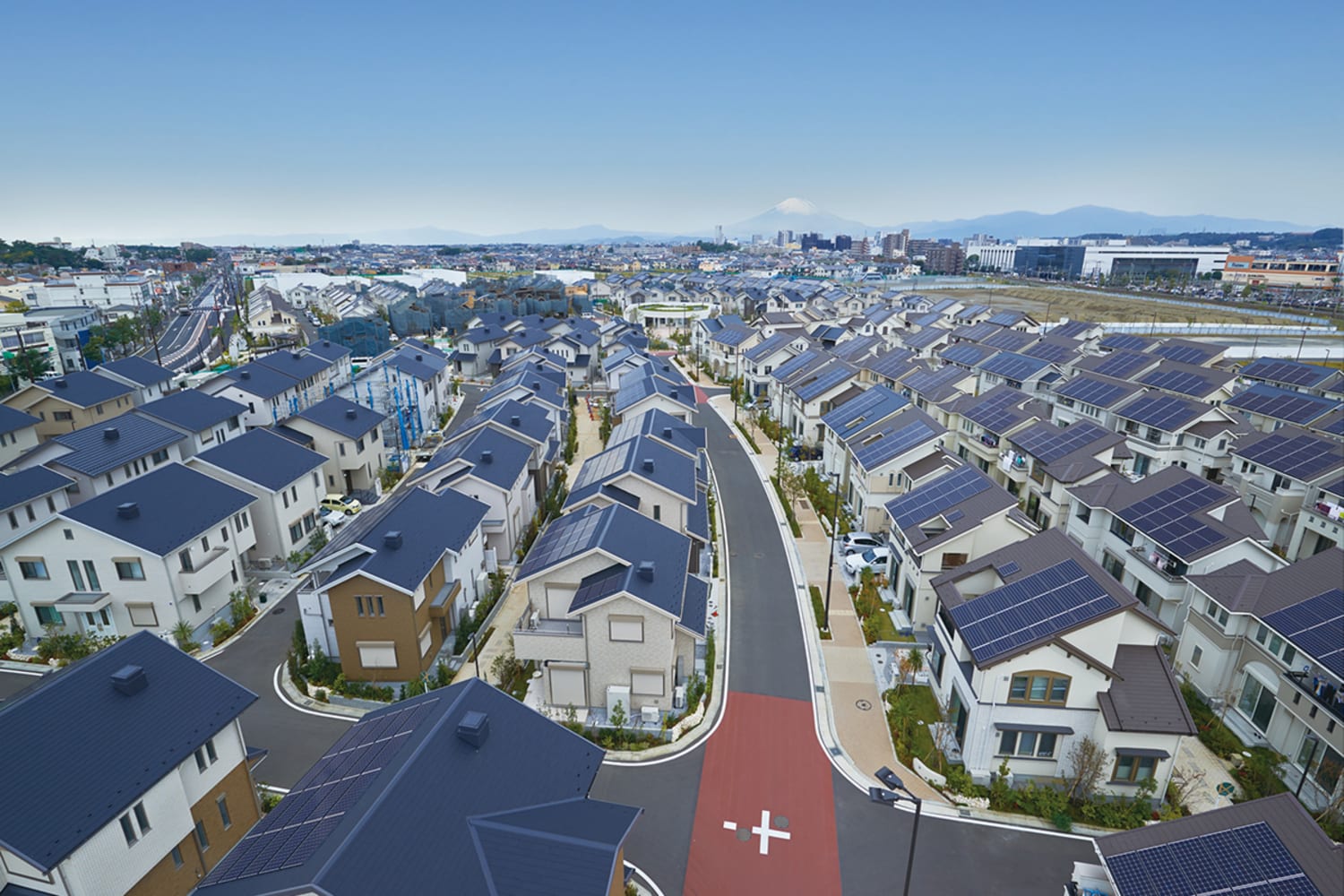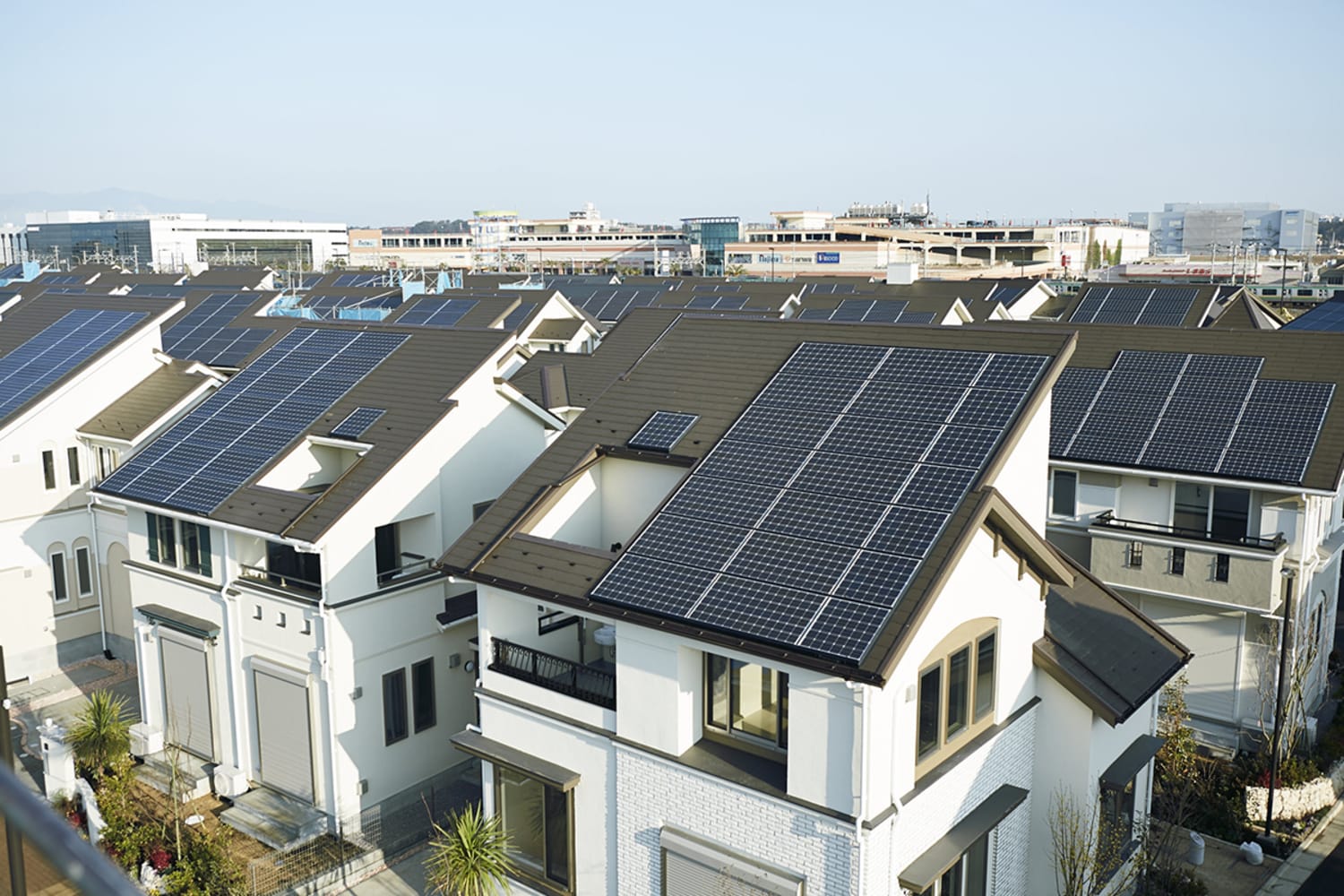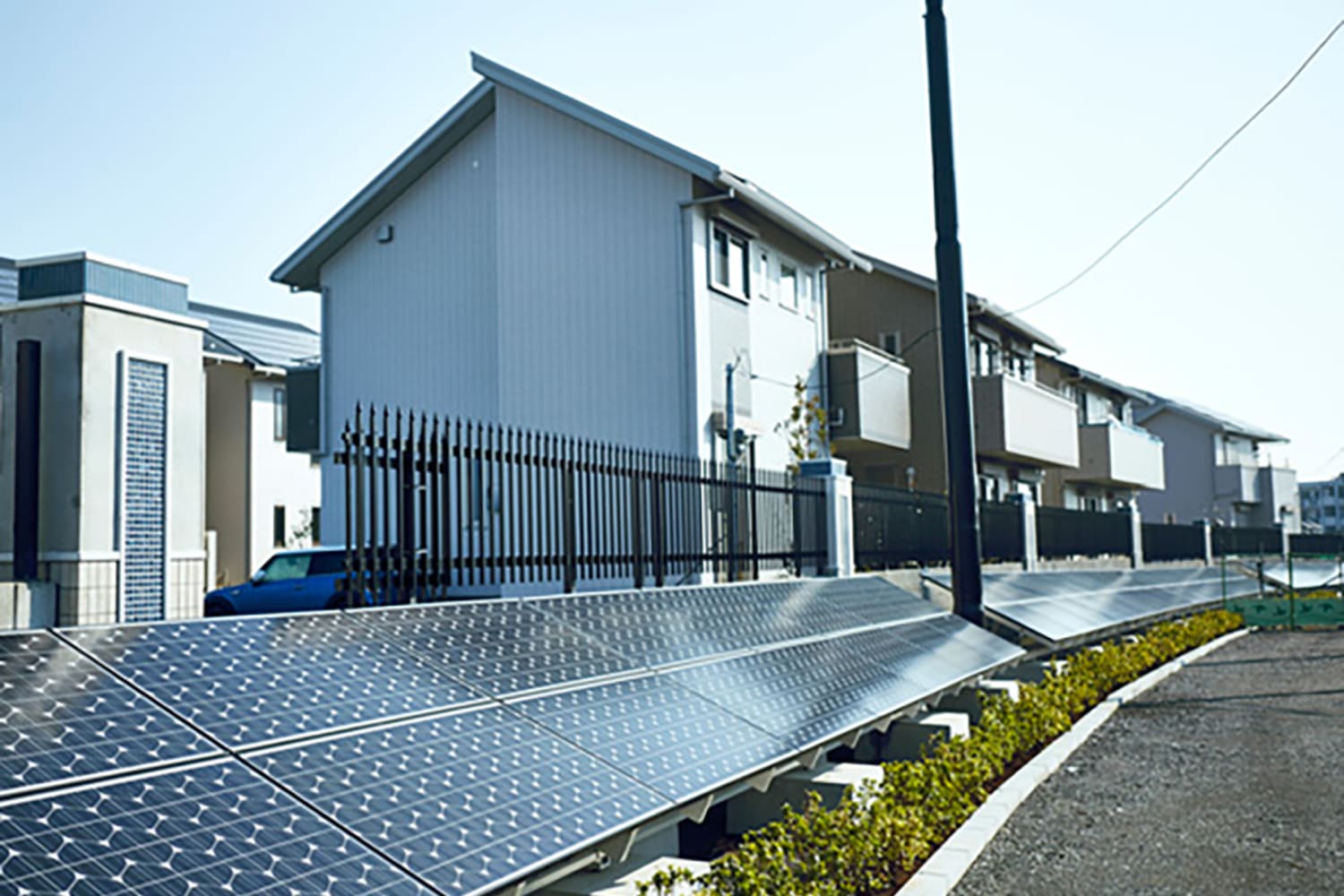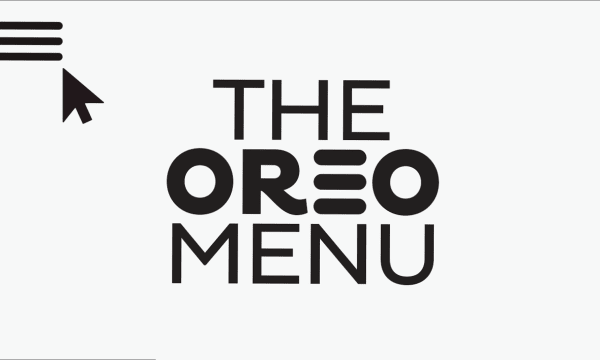From smart clothing to smart buildings, the latest iteration of technology infiltrating the everyday is smart cities. Tech companies are hoping to become the next urban planner, with two projects announced this year from Google and Microsoft founder Bill Gates.
In November, Cascade Investment, the firm that manages Gates’ assets, invested $80 million to build a smart city in an undeveloped area near Phoenix, Arizona. The project, led by Belmont Partners, aims to build a city with 80,000 residential units across the 24,800 acres of purchased land.
“Belmont will create a forward-thinking community with a communication infrastructure spine that embraces cutting-edge technology, designed around high-speed digital networks, data centers, new manufacturing technologies and distribution models, autonomous vehicles and autonomous logistic hubs,” said Belmont Partners, as reported by KPNX.
In October, the Alphabet-affiliated Sidewalk Toronto revealed plans to construct a new tech-driven district on Toronto’s eastern waterfront, called Quayside. The company has invested $50 million in the initial phase of developing a neighborhood that uses technology and data to promote communities, sustainability and urban innovation.







